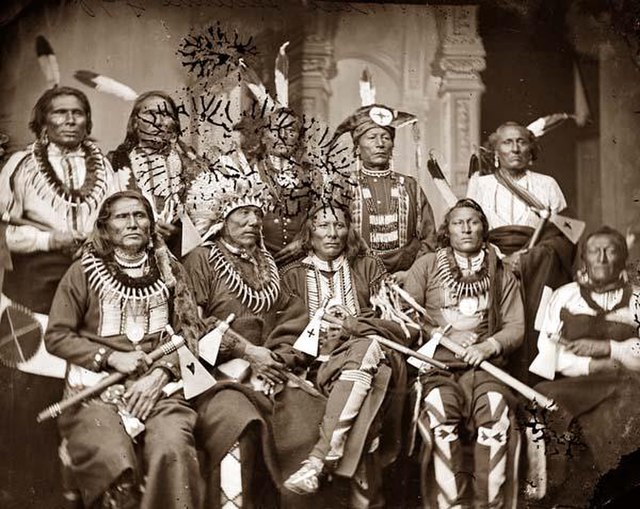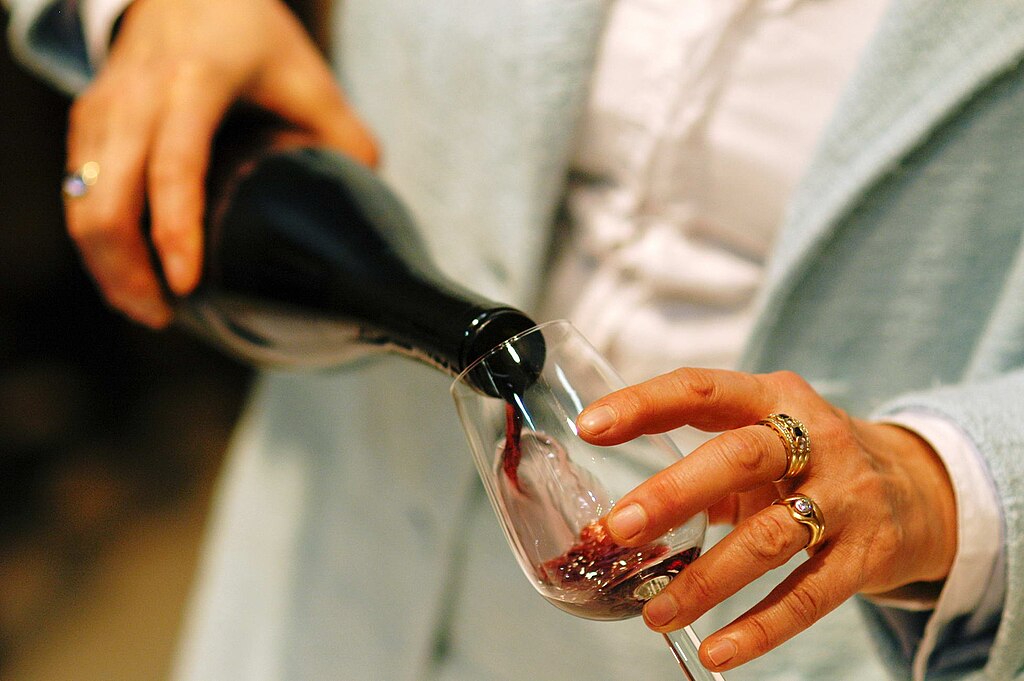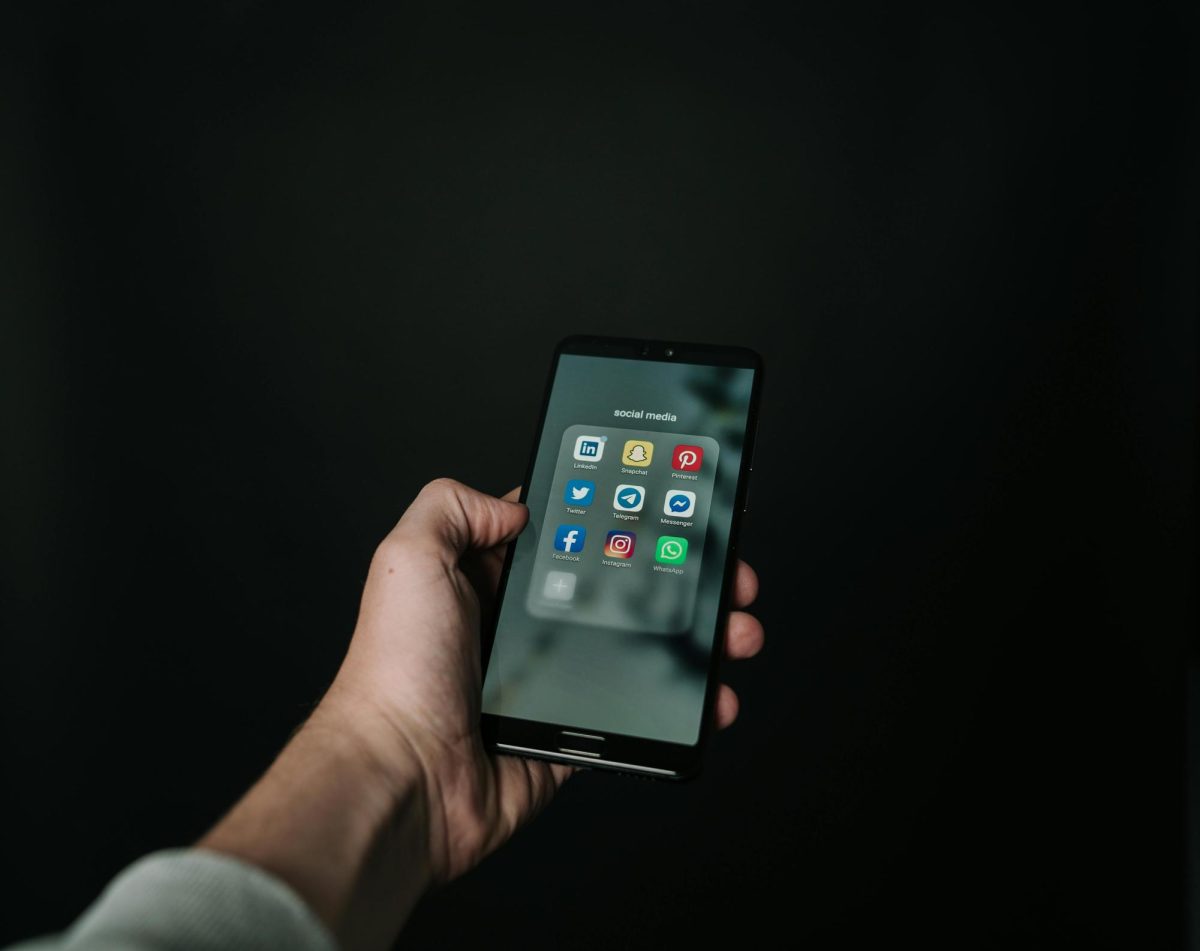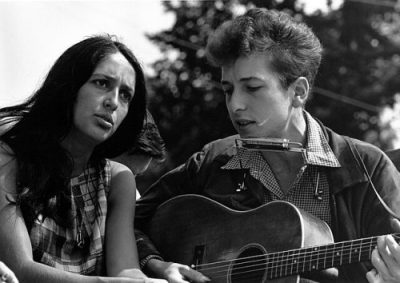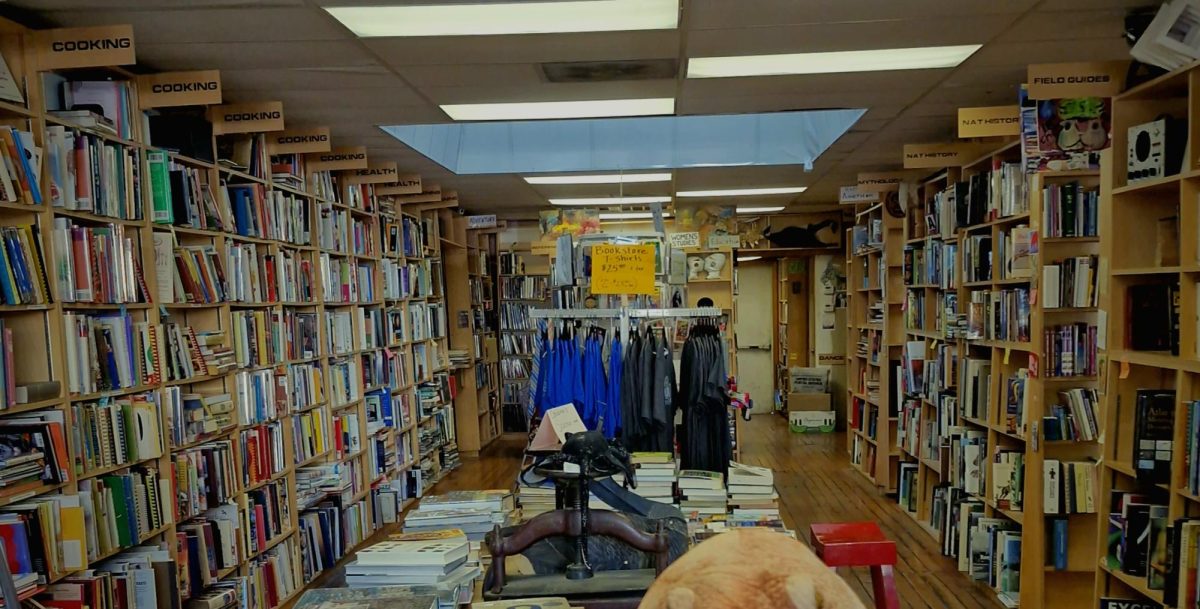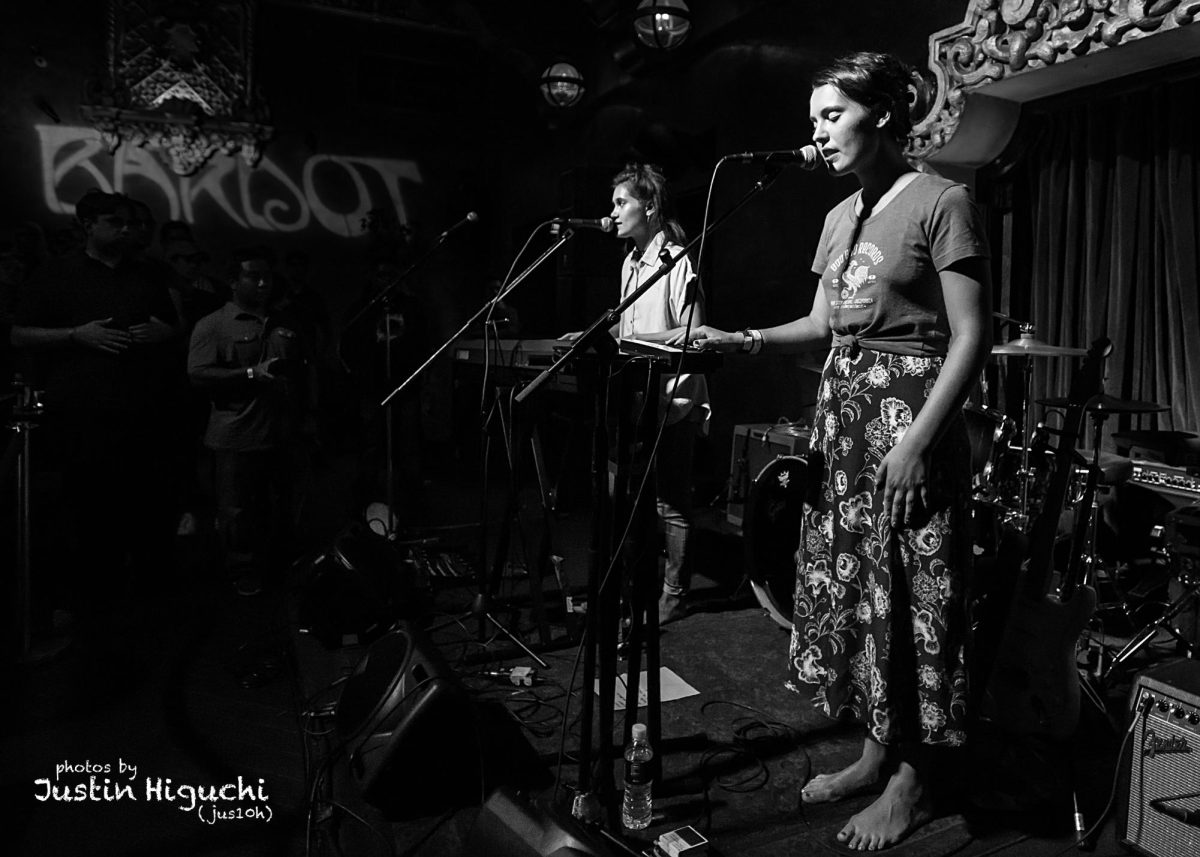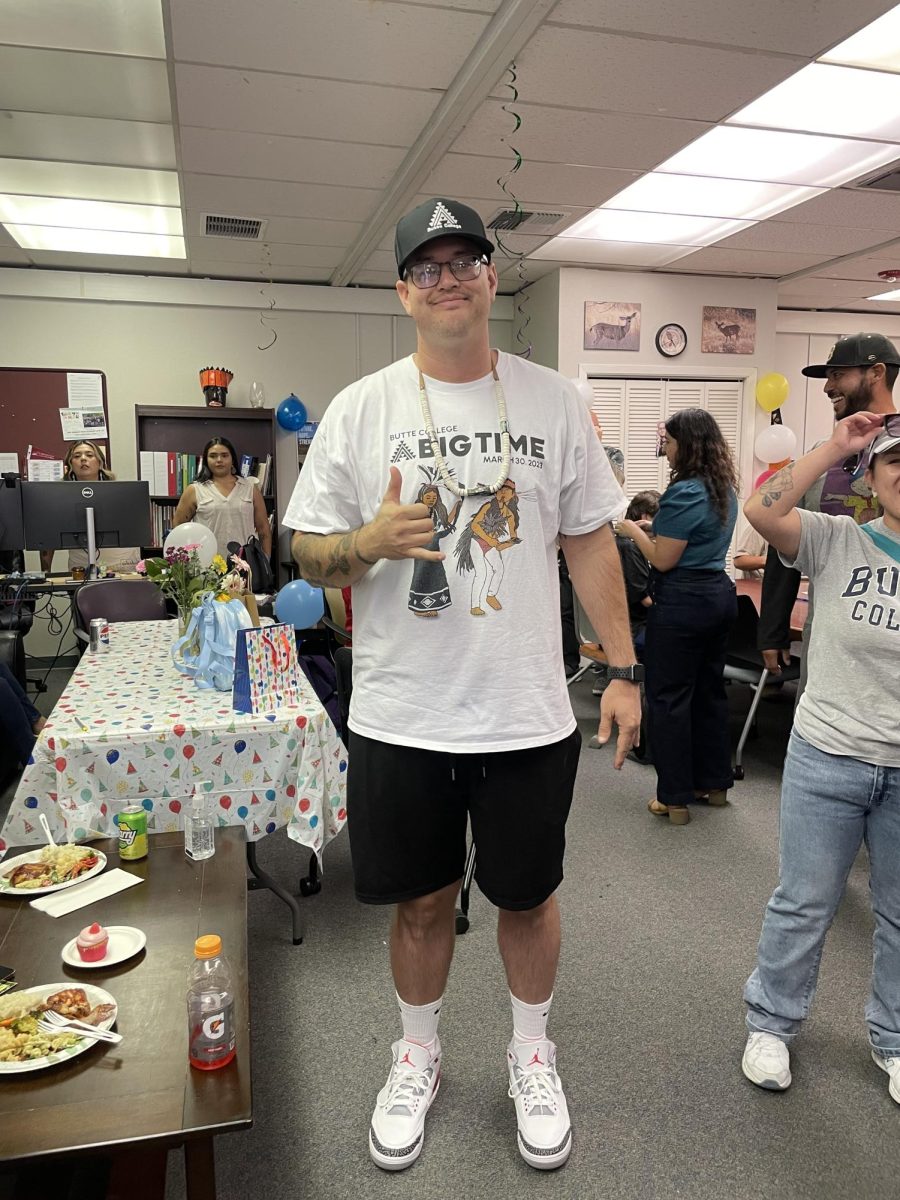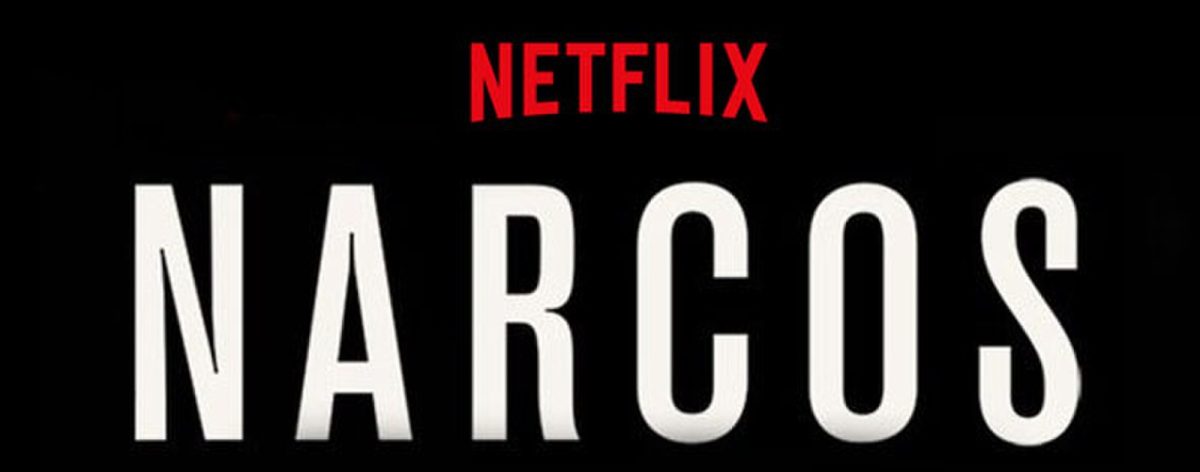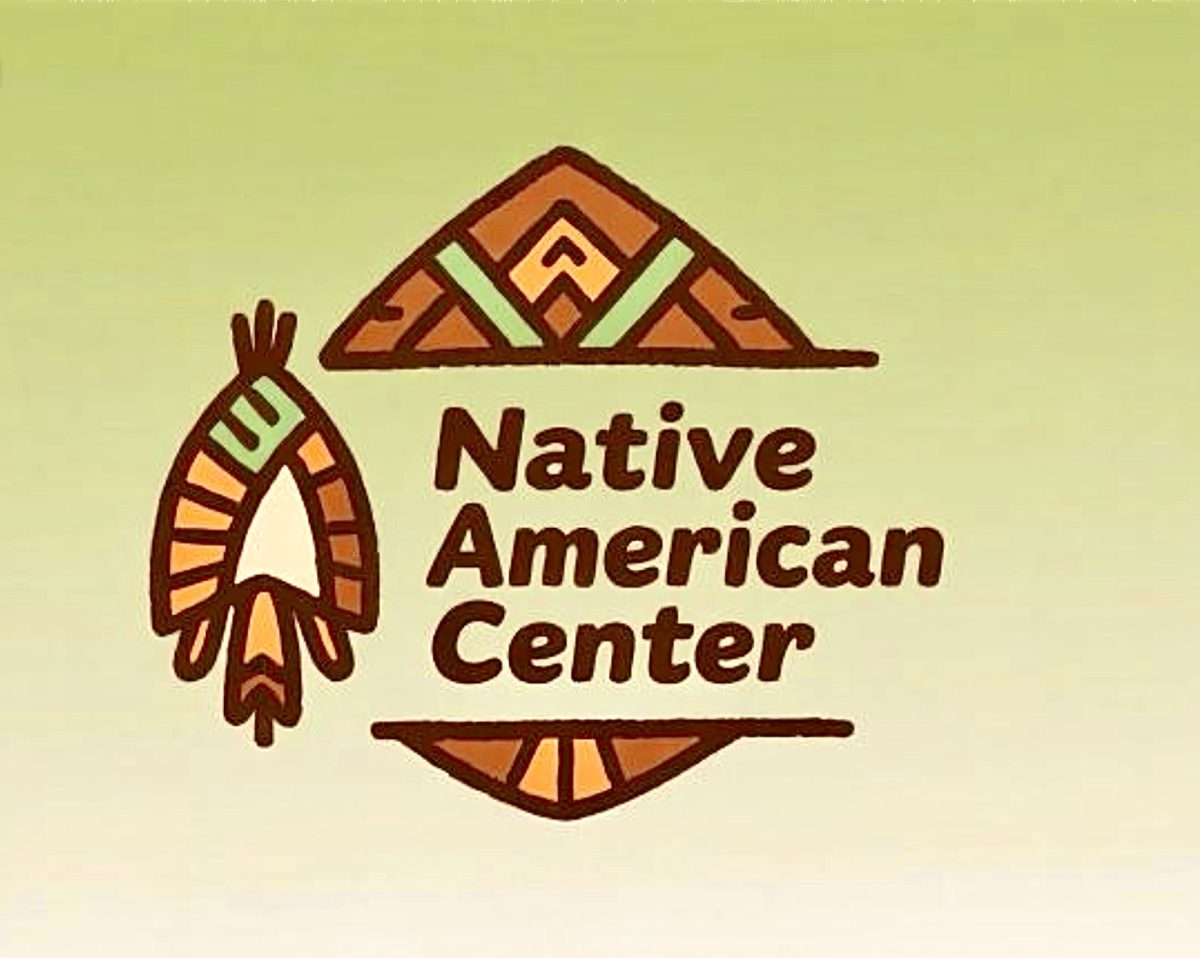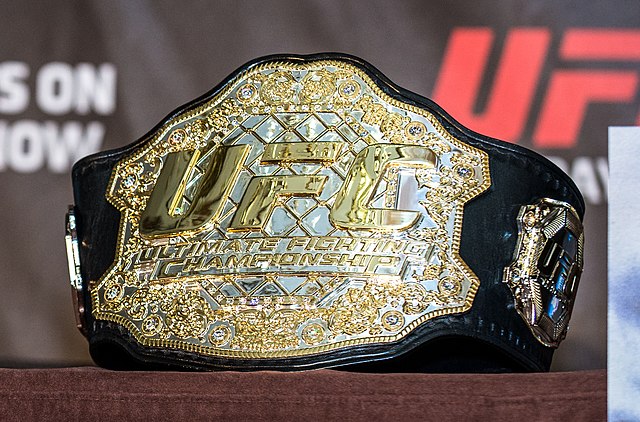Indigenous People’s Day usually takes place on the second Monday of October. This year, that falls on October 14, 2024.
What is Indigenous People’s Day? It’s been a topic of discussion since 1977.
The day honors Native American Indians, Native Alaskans, and Native Hawaiians. It celebrates the diversity and culture of Indigenous people. It is also a day of reflection on the historical mistreatment of Indigenous people and a recognition of their rights and sovereignty.
Indigenous People’s Day arose as an alternative to Columbus Day, the holiday that celebrates the arrival of Christopher Columbus in the Americas on October 12, 1492. History names Columbus’s “discovery” as the founding of the “New World” and the origins of European settlement in the Americas.
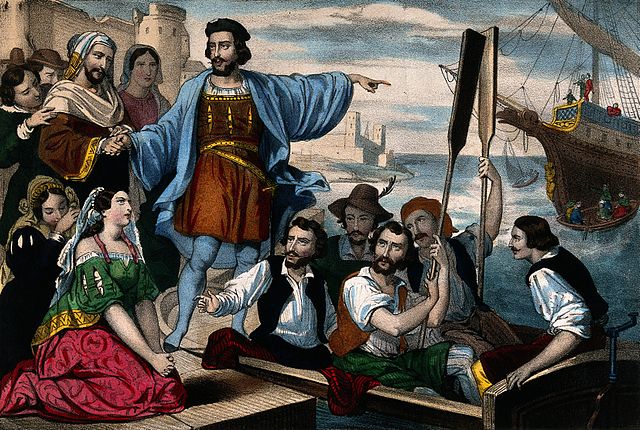
Most of what is said about Christopher Columbus is myth and legend, often based on false claims. The truth is he never actually set foot on North American soil; he visited the Caribbean, Puerto Rico, and parts of South America.
On August 1, 1498, Christopher Columbus landed in present-day Venezuela and the Gulf of Paria. He believed it was an island, claimed the land for Spain, and christened it Isla Santa, according to the History Channel.
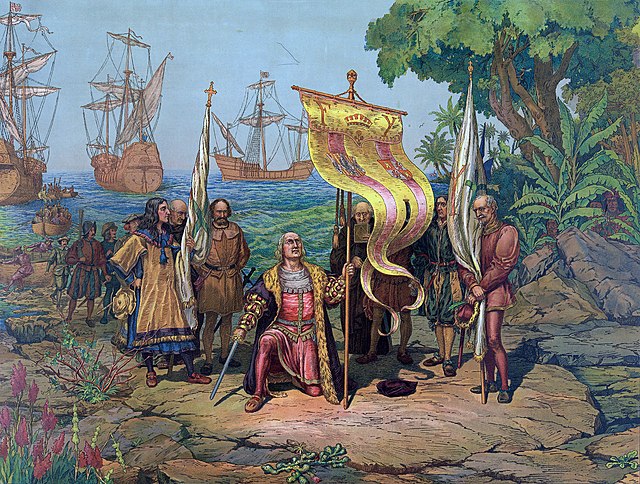
It wasn’t until the arrival of Italian immigrants, who were discriminated against in various ways, that they took up the idol of Christopher Columbus and touted his discovery of the Americas to combat the negative stereotypes about them. As has been reported by outlets such as CNN
In 1934, President Franklin D. Roosevelt designated Columbus Day as a national holiday.
Eventually, Native Americans began to challenge the history behind the holiday.
As the Civil Rights movement gained momentum, inspiration grew in the Native American community. Activists in the late 1960s formed what became known as the Red Power Movement, which focused on self-determination and cultural pride. A delegation of Indigenous people from around the world resolved to observe October 12 as an “International Day of Solidarity with the Indigenous Peoples of the Americas.”
It would take more decades of fighting before their voices were heard and changes were made. The first state to officially adopt the holiday was South Dakota in 1990, calling it Native Americans’ Day. The city of Berkeley adopted Indigenous People’s Day in 1992 during the 500th anniversary of Columbus’s arrival.
President Joe Biden was the first president to formally acknowledge Indigenous People’s Day in 2021, though it still has not been made a federal holiday, according to the White House Website
For the Indigenous community, it’s a time to consider the history of the U.S. and how it has treated Native Americans, drawing attention to issues that continue to affect them today, such as tribal sovereignty and land rights.
For others, it’s a time to reflect on all that Indigenous people have been through, how they have endured, how much they have preserved, and how much they still have to fight for.
Many Native American communities feel as if they are being erased from historical records, as even 27 states don’t mention Native Americans in the K-12 curriculum, as reported by CNN.
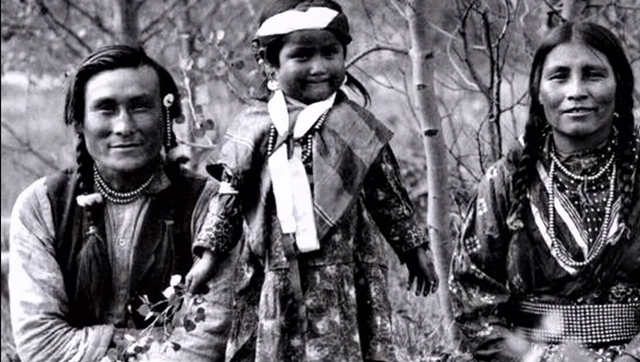
Most students we talked to at Butte College’s main campus agreed that Columbus Day should be renamed and celebrated as Indigenous People’s Day.
“I wouldn’t have a problem with it. I don’t really know a lot about Columbus,” said Emma, adding, “It’d be a good idea and an opportunity to learn about Indigenous people and their cultures.”
Luis, another student at Butte College, said, “We should give credit where credit is due,” and Jakhari followed that with, “Columbus didn’t even discover America; Native Americans were already here.”
“Indigenous People’s Day is great; it’s important that people are denouncing Columbus and embracing Indigenous People’s Day, but we are Indigenous 365,” said a representative from the Butte College Native American Center.


